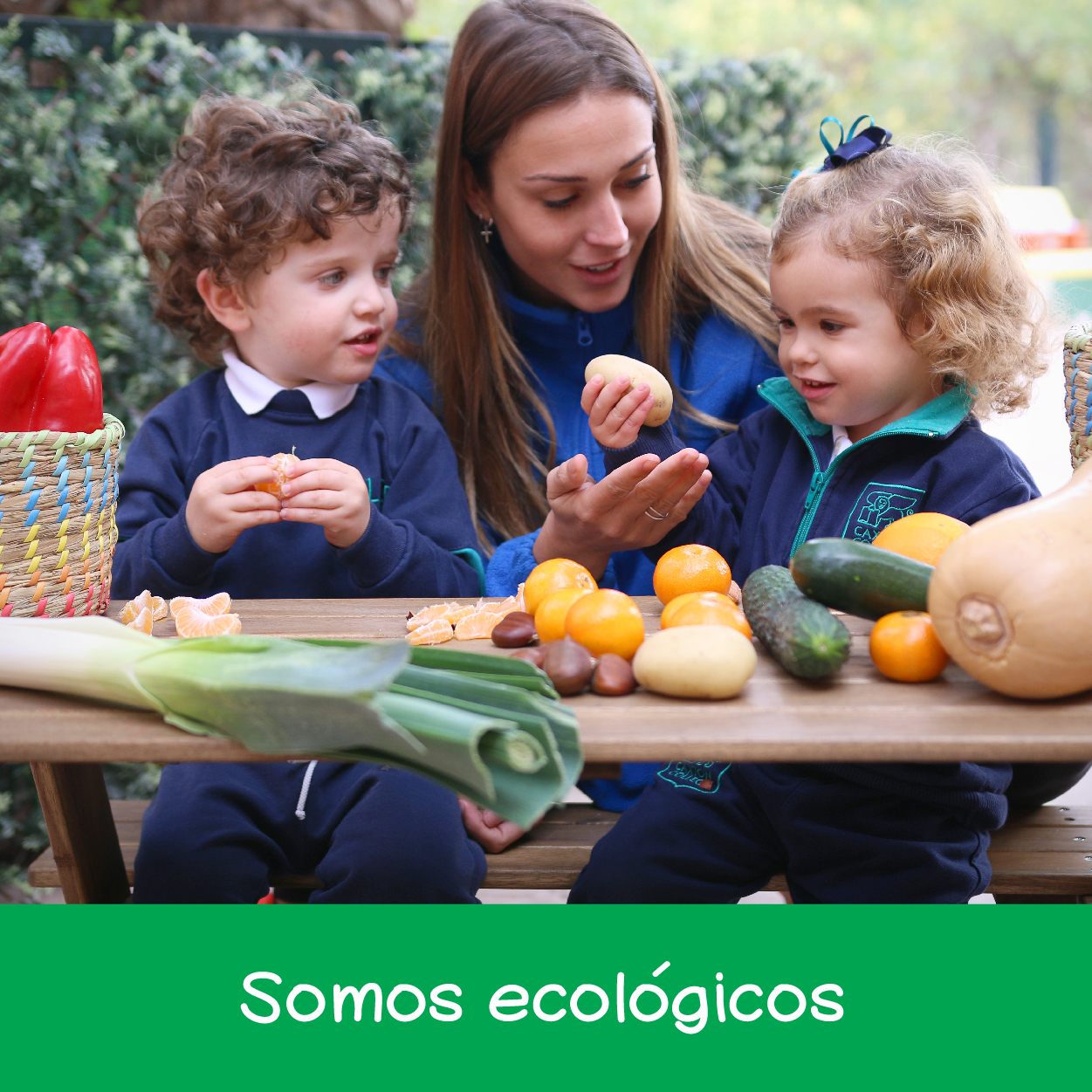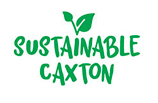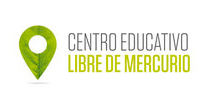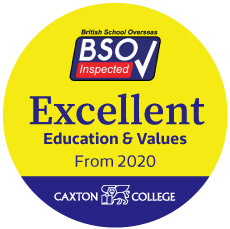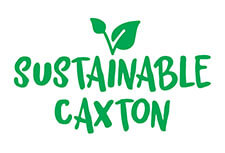Caxton College is one of the schools in the Valencian Autonomous Region that, for several decades, has implemented educational programmes based on social responsibility in its classrooms.
A sustainable world is possible if all the inhabitants of our planet act responsibly. And there is no doubt that educational institutions play a fundamental role in this task. They have the key to forging committed citizens who can create a different future, one without the humanitarian and climatic crisis that will occur if we are not capable of changing our course.
This campaign to raise awareness starts as soon as a child sets foot in an Early Years classroom. Teachers place special emphasis not only on promoting the children’s cognitive abilities, but also in helping them to see that respect, justice and ethics are skills that are part of their education. With this we aim to plant a seed of social responsibility so that in future, pupils will grow into individuals who are committed to making the world more sustainable.
‘Beyond aspiring to academic excellence, which every school should do, now it is essential that we also mould individuals who are committed to improving society. This is why we must continue to implement a civic-minded educational curriculum that stimulates pupils to be better people’, assures Amparo Gil. The school has always been at the forefront of promoting personal and social education from early years.
In addition to teaching a curriculum in which emotional learning is as important as academic learning, the teaching resources used and physical characteristics of the classrooms include elements that help even infants of one or two years of age to understand the importance of environmental protection, fair trade, charity or social justice, amongst many other issues set forth in the Sustainable Development Goals.
‘Our aim is for pupils to be aware of their surroundings and understand that their individual and local actions can have enormous consequences on a global level’, says Gil.
New generations of consumers are more and more demanding with the companies they patronise. It’s not enough for them to be satisfied with the quality of the product; they now require that it be manufactured in a sustainable and responsible way. ‘At school we are conscious of this reality and starting in the first stage of infant education—Baby Caxton, from 1 to 3 years of age—we put into practise very concrete projects, such as looking after an ecological vegetable garden, that help our littlest pupils to acquire healthy lifestyle habits’, confirms Gil.
By following this plan, the school’s aim is for students to be able to attain and defend a new culture of greater equality in the world.
